There are people in the world so hungry, that God cannot appear to them except in the form of bread
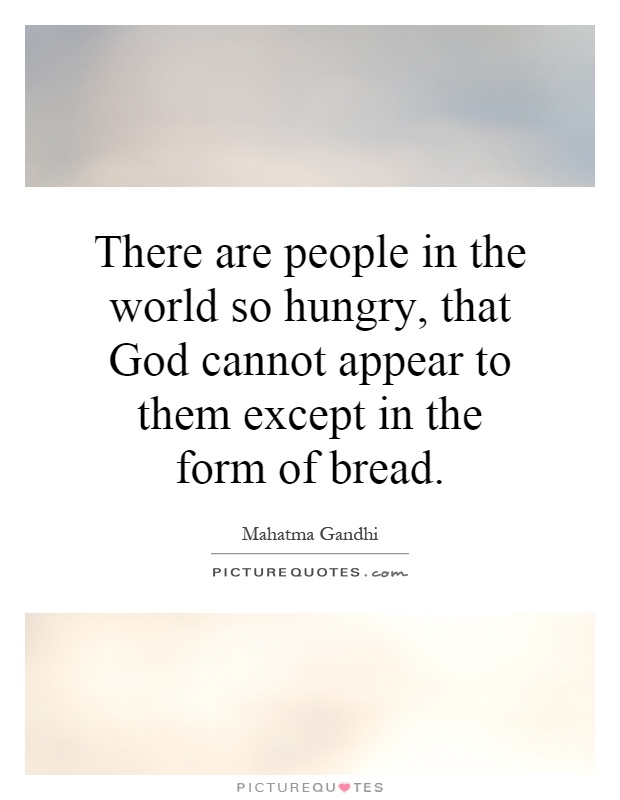
There are people in the world so hungry, that God cannot appear to them except in the form of bread
Mahatma Gandhi, the revered leader of the Indian independence movement, was a man who understood the plight of the poor and hungry better than most. Throughout his life, Gandhi advocated for social justice, equality, and nonviolent resistance against oppression. He believed that God could only be truly present in the lives of those who were suffering if they were provided with the basic necessities of life, such as food.Gandhi's famous quote, "There are people in the world so hungry, that God cannot appear to them except in the form of bread," speaks to his deep empathy for the impoverished and his belief in the importance of addressing their most basic needs. For Gandhi, God was not an abstract concept or a distant deity, but a presence that could be felt and experienced in the everyday struggles of the poor and marginalized.
Throughout his life, Gandhi worked tirelessly to alleviate the suffering of the hungry and the oppressed. He believed that true spirituality was not just about prayer and meditation, but about actively working to uplift those in need. Gandhi famously said, "The best way to find yourself is to lose yourself in the service of others," and he lived by this principle every day.
Gandhi's commitment to social justice and his belief in the inherent dignity of all human beings inspired millions around the world to join him in the fight for freedom and equality. His philosophy of nonviolent resistance, known as satyagraha, became a powerful tool for social change and a guiding principle for many other movements for justice and equality.


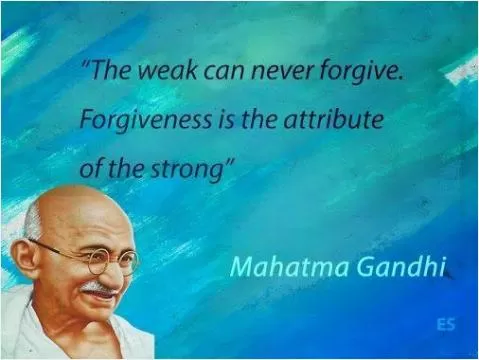

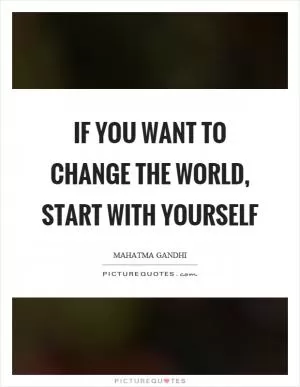
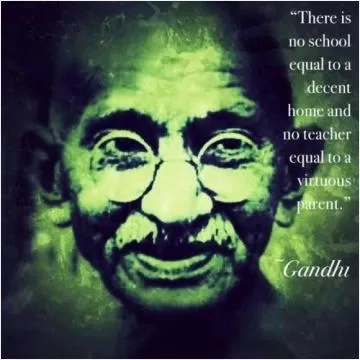


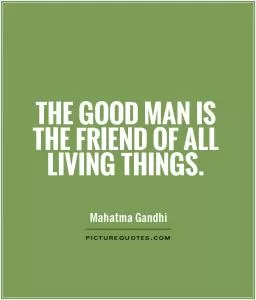
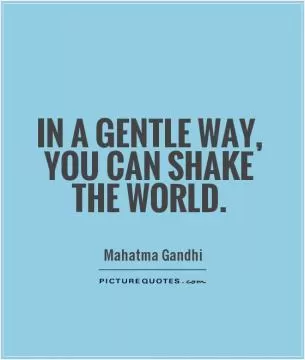
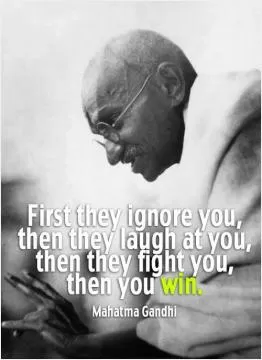

 Friendship Quotes
Friendship Quotes Love Quotes
Love Quotes Life Quotes
Life Quotes Funny Quotes
Funny Quotes Motivational Quotes
Motivational Quotes Inspirational Quotes
Inspirational Quotes